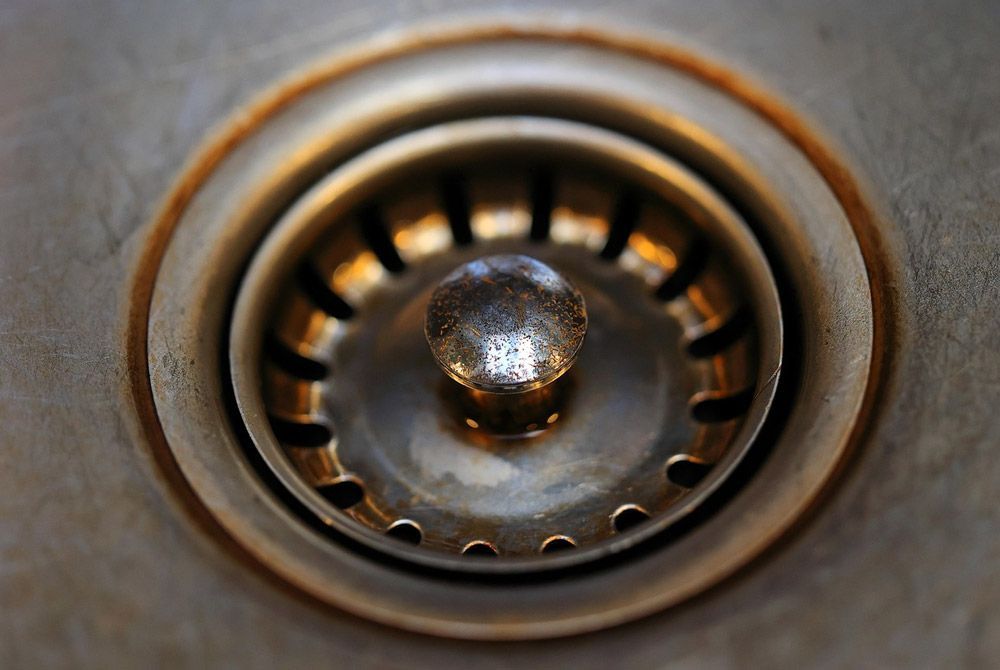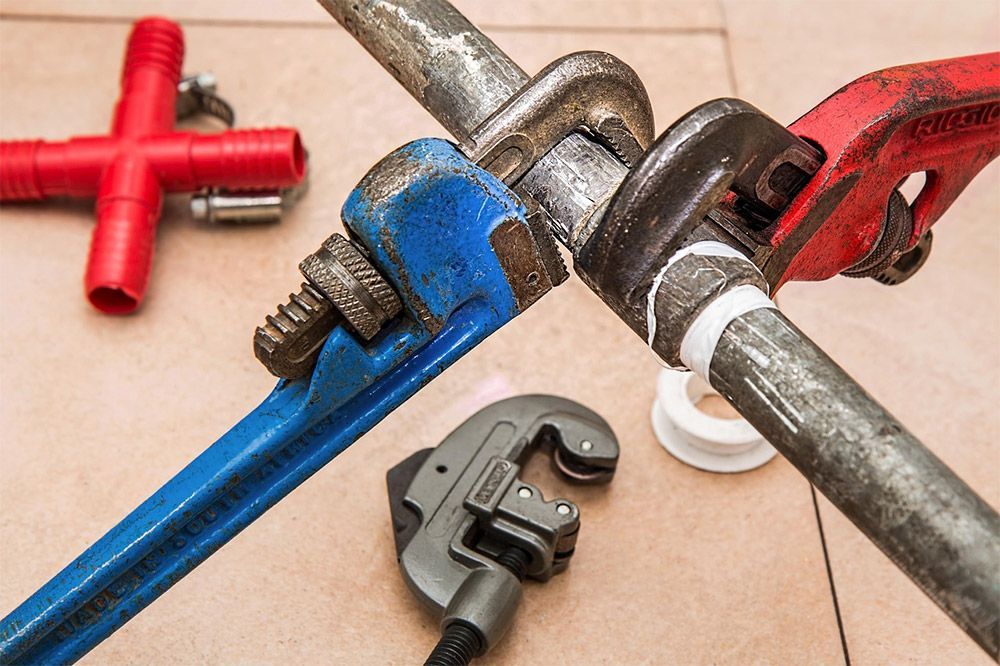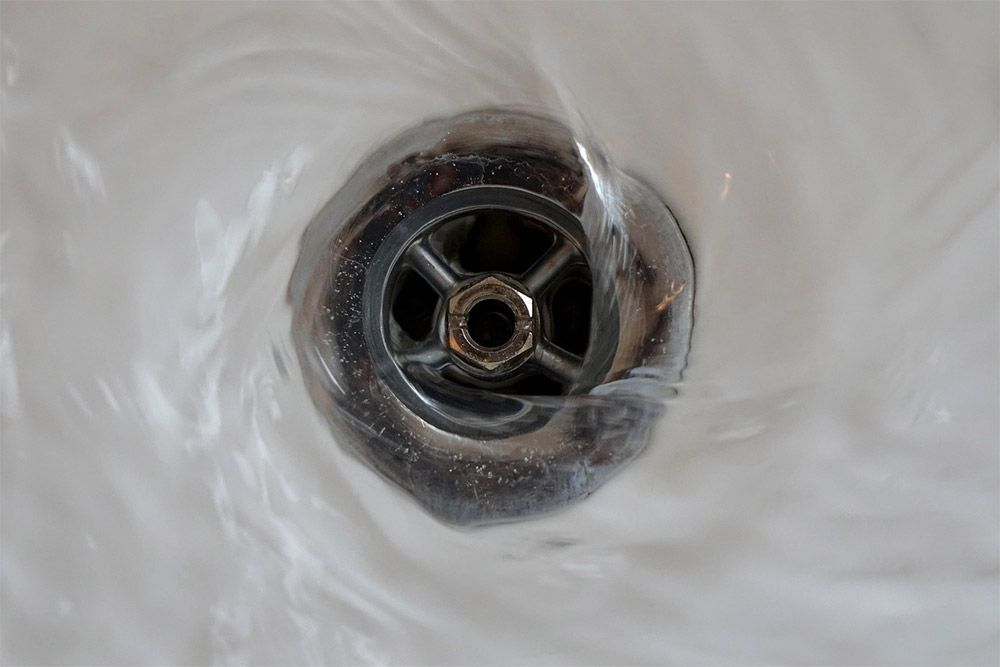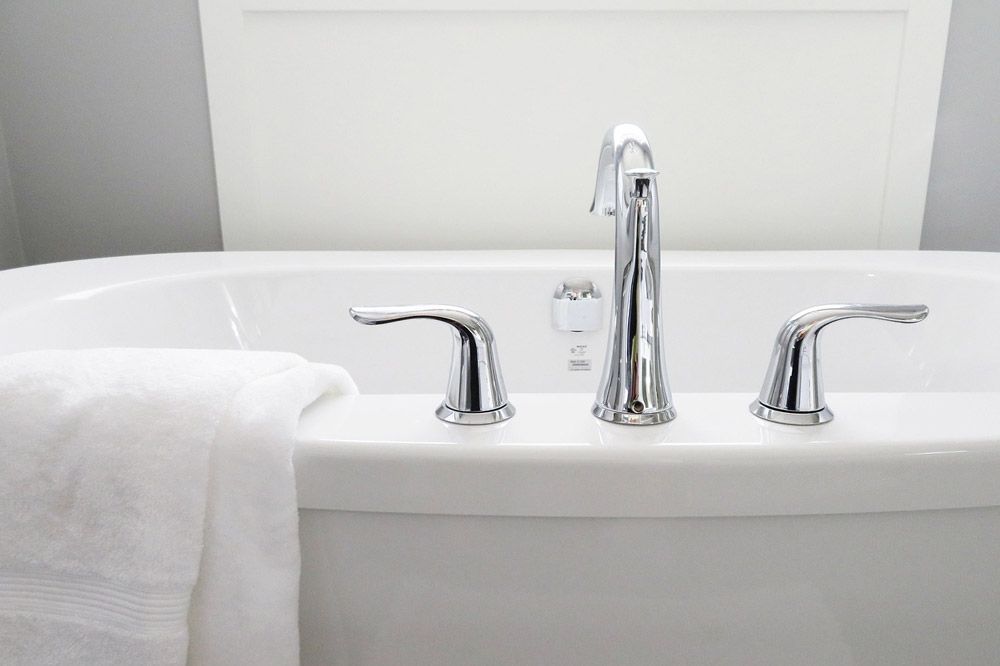Affordable Plumbing Maintenance Tips to Protect Your Home
There is never a good time for plumbing problems to pop up, but they always seem to arrive at the worst possible time. Pipes typically burst in the winter, those drains seem to clog right before a big gathering, or that toilet overflows as guests are arriving. While some issues are inevitable, many can be avoided with routine inspections and maintenance. The good news is that plumbing doesn’t have to be expensive.
With a little attention and some smart strategies, you can keep your home’s plumbing in great shape. That means when it is time to call the professionals, it won’t break the bank. Part of finding affordable plumbing in Denver comes with preventative maintenance that every homeowner can do. The following tips can help extend the life of your fixtures, pipes, and appliances – which prevents those costly repairs from popping up down the road.
Why Plumbing Maintenance Matters
Keeping ahead of plumbing problems can provide huge amounts of cost savings. When pipes break or become compromised, the results can often be catastrophic, leading to big invoices for repairs and restoration. It’s important to understand that a small leak today can lead to major water damages tomorrow. These leaks are also wreaking havoc on your utility bills. A small drip might not seem like a big issue, but each one of those drips can add up when that water bill arrives at the end of the month.
Fixing leaks and optimizing water flow can reduce that water usage, which has an impact on multiple areas. It can save on utility bills, but it can also protect your home’s structure. Unchecked water damage – even a very small leak – can harm your floors, walls, and even the foundation of your home. A well-maintained plumbing system can keep these problems away over time, which can help you maintain your home’s value. A plumbing system with no issues is a selling point for future buyers, giving you plenty of reasons to keep your plumbing system healthy.
Fix Leaks Immediately
One of the simplest and most affordable maintenance tips is to fix those leaks as soon as you notice them. Even a slow drip can waste hundreds of gallons of water a year – and that tiny leak is usually a sign of something even bigger going on. Make sure to check under sinks and around toilets regularly for signs of water. A small leak can be easy to miss until there is substantial water present, so these regular checks can make a huge impact as far as catching an issue before it becomes a major problem.
The sinks, faucets, and other plumbing fixtures throughout your home get a lot of use, and that means they can be taken for granted. Like anything that gets used frequently, your plumbing system has parts that can wear out. Replace worn washers or O-rings in dripping faucets as soon as you notice a drop in the fixture’s performance. A cheap $1 fix can save you big money later. Your pipes aren’t just in your kitchen or bathroom. They run throughout your entire home. If you notice any water stains on ceilings or walls, investigate immediately. That’s an indicator that something unseen is happening and it needs to be addressed as soon as possible. You can also check your water meter when no water is being used in the home. If it’s still moving, you might have a hidden leak somewhere.
Don’t Ignore Running Toilets
One of the biggest indicators that something might need to be repaired or your place with your toilet is if the fixture constantly runs. This might seem like a minor annoyance, but it can waste up to 200 gallons of water per day. That’s an enormous amount that isn’t just bad for the environment, it can also have a significant impact on your wallet. Most of these issues can be fixed with an inexpensive part and a little elbow grease, but can result in major savings in the future.
Check the flapper valve inside the toilet tank. That’s the rubber piece inside the upper tank that flaps open when you press the lever to flush the toilet. They wear out from use and erosion, but they’re inexpensive to replace – typically less than $10. If you’re not sure how to fix it, there are countless free video tutorials online. If you’re still nervous about replacing it yourself, an affordable plumber in Denver will fix it for a low cost.
Be Mindful of Your Drains
Many plumbing problems are caused by what people put into their plumbing. In the kitchen, avoid pouring grease, oil, or fat down the drain. They are usually poured into the drain still hot, but they solidify when cooled and that causes blockages. Don’t overload your garbage disposal with fibrous or scratchy foods – like potato peels or celery. This can also block things up, making your garbage disposal work hard and causing real damage to your system.
In the bathroom, only flush toilet paper. This means no paper towels or other forms of wipes. Even if the wipes say they’re “flushable” they’re not. They can still cause problems by clogging up your system, leading to backups and overflows. Other common bathroom disposables should be thrown in the trash instead of flushed down the toilet, as well. This includes things like cotton balls, Q-tips, and dental floss. Hair, soap scum, and food are common causes of clogs, so use screens in your kitchen and bathroom sinks, as well as in shower drains. You can get them for less than $10 at most home improvement stores.
Take a Natural Cleaning Approach
Chemical drain cleaners do a great job clearing up an issue, but those harsh chemicals can do a lot of damage to your pipes over time. Opting for a more natural approach can extend the life of your system, saving you money in the long run. Hard water can also cause mineral buildup in pipes and appliances, reducing their lifespan. Installing a water softener could be a long-term investment that protects your plumbing and improves the efficiency of water heaters and other appliances.
You can put together a do-it-yourself drain cleaner by using common things that you probably already have in the home. Pour a ½ cup of baking soda down the drain, and follow it with a ½ cup of vinegar. Let the reaction fizz in your pipes for about 10-15 minutes, and then rinse with hot water. This is an eco-friendly and affordable method that can help keep your pipes clean. A plumber can help with stubborn clogs, or they can give you more ideas to clear it with natural methods.
Perform Regular Inspections
Along with checking for leaks around your fixtures, it’s important to look at all aspects of your plumbing system on a regular basis. A well-maintained water heater is safer, more efficient, and lasts longer. Annual checks can help you spot rust, sediment buildup, or leaks before they become a bigger issue. Water heater maintenance is not complex. Drain a few gallons of water from the tank once per year to remove any built up sediment. This maintains efficiency and prevents damage.
Schedule a professional inspection of your sewer line every few years. These lines can be very expensive to repair, but those costs can be minimized through these regular inspections. It’s also important to keep an eye on your outdoor plumbing. Sprinkler systems, outdoor faucets, and hoses require attention to help avoid leaks and other inefficiencies. Disconnect hoses in the winter to prevent freezing and be sure to winterize sprinkler systems by flushing out the water before the first freeze.
Be Proactive, Not Reactive
One of the most important things to understand when it comes to preventative maintenance is to be proactive, not reactive. Plumbing disasters usually stem from neglect or delaying their repairs. The more proactive you are, the less likely it will be that you will have to deal with a plumbing emergency – and the expensive repair bills that can go along with it. Make it a habit by creating a plumbing checklist for each season. Budget a small amount each year for minor upgrades and/or repairs – and educate everyone in your home about good plumbing habits.
One of the major issues you can prevent by being proactive is frozen pipes. These are a nightmare for any homeowner, often leading to lots of damage and an expensive fix. Insulate exposed pipes in unheated areas like basements and crawl spaces. Seal any cracks or openings around pipes to reduce their exposure to cold air. During particularly cold or freezing weather, you can allow your faucets to drip just a little bit. Even this small amount will keep the water from freezing in your pipes.
There are a lot of things you can do to prevent some of the biggest issues in plumbing. By taking a few extra steps early, you can keep a lot of those major disasters at bay. For more information on what you can do for preventative plumbing maintenance in your home, reach out to the experts at Afford-A-Rooter today.
The Afford-a-Rooter Plumbing Repair Guarantee
24/7 Immediate Response
Certified Emergency Plumbing Service Professionals
Affordable, High-Quality Services
Recent Blog Post





